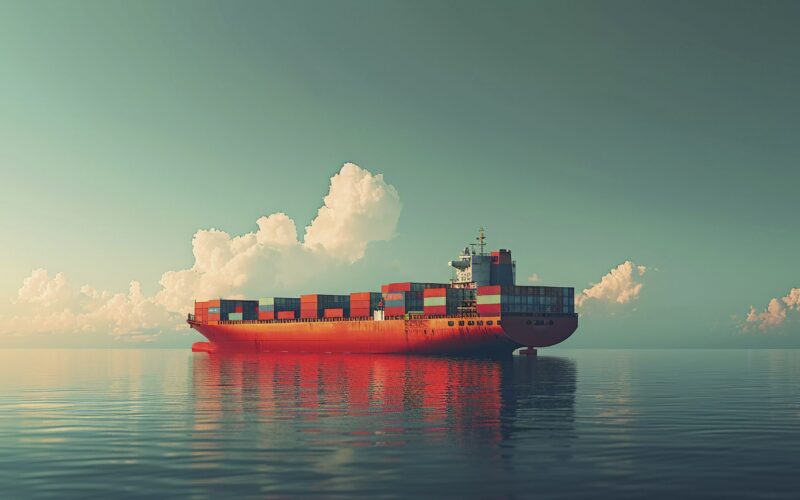A new study by Transport & Environment (T&E) reveals that two-thirds of European green shipping fuel projects are at risk due to lack of funding.
T&E, a European umbrella for non-governmental organisations working in the field of transport and the environment, has mapped green hydrogen projects across Europe and the studies show that almost 4% of European shipping could run on green e-fuels by 2030. However, uncertainty over demand for these shipping fuels has made fuel suppliers reluctant to commit to the projects. This reluctance may mean that a majority of projects may never take off in this decade, putting Europe’s climate ambitions and thousands of jobs at risk.
The study has identified at least 17 projects across Europe that have been set up to provide hydrogen-based e-fuels for ships and if all these projects become operational they can meet almost 4% of the total energy demand of EU shipping by 2030. Also, 44 other hydrogen projects have been identified in Europe that could provide green fuels for ships.
The mapped projects would easily meet the European Union’s target of 2% green e-fuels in 2034, however, most projects are yet to receive funding and not a single shipping-dedicated project is operational. Fuel producers cite a lack of buyer certainty and investment security as major obstacles. This puts millions of tonnes of green fuels and thousands of skilled jobs at risk. Globally, it is estimated that green shipping could create 4 million new jobs by 2050.
Inesa Ulichina, shipping officer at T&E, said, “Hydrogen projects are popping up across Europe. They have the potential to power hard-to-decarbonise sectors like shipping and provide thousands of good jobs. But at the moment there just isn’t enough certainty and we risk missing this golden opportunity.”
She added, “Shipping has a chicken and egg problem. E-fuel producers are waiting for clearer demand signals from ship operators before making large investments. Shipping operators, on the other hand, are waiting for these fuels to scale up and become cheaper before signing off-take agreements. The EU should ensure more supply and demand of e-fuels through regulation, which will provide fuel producers and shipping companies with investment certainty.”






















